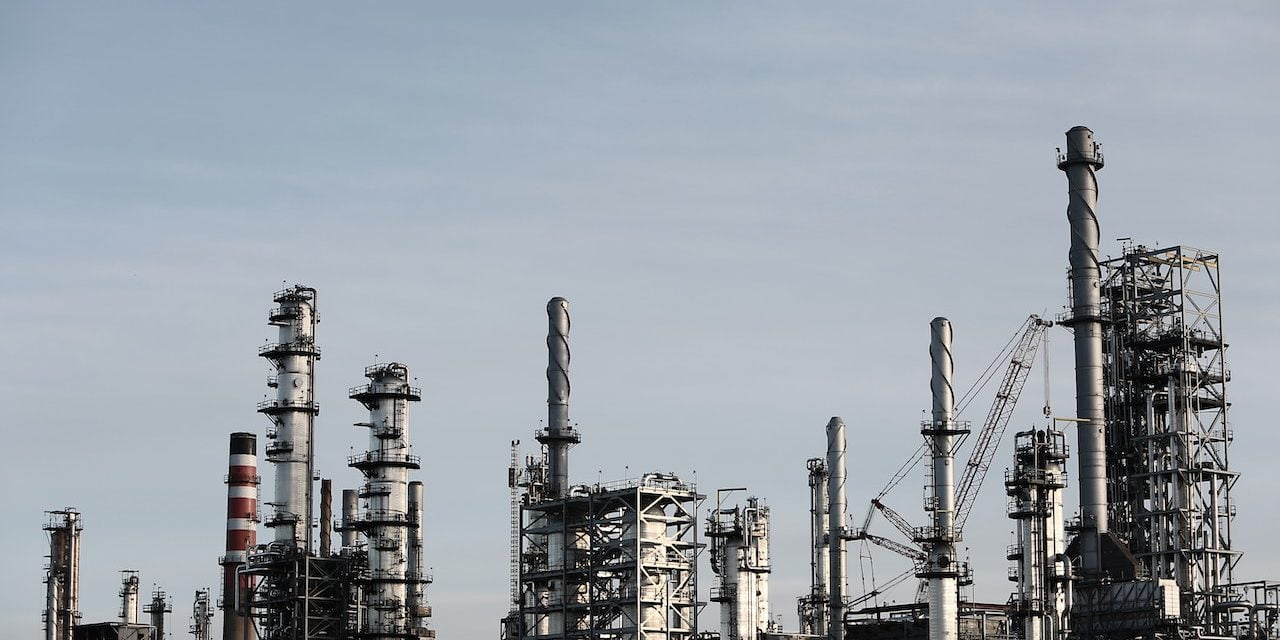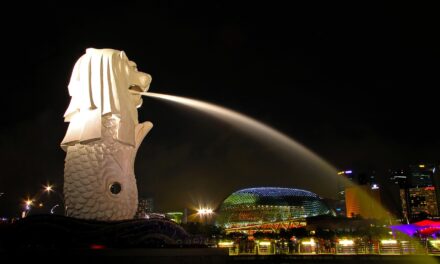ASEAN goods producers took a knock in September, according to official data released Monday, with the region’s manufacturing sector deteriorating for the first time in two years.
“The ASEAN manufacturing sector exhibited renewed signs of weakness in September as the headline PMI fell below the neutral 50.0 mark for the first time in over two years,” said Maryam Baluch, an economist at S&P Global Market Intelligence.
ASEAN goods producers struggle
The headline S&P Global ASEAN manufacturing purchasing managers’ index slipped to 49.6 in September from 51.0 in August. Anything below 50.0 signals that the sector contracted during that month, while anything above indicates expansion.
“New work fell for the first time in 2023 to date, while the rate of production growth eased to a 24-month low,” Baluch said.
“Moreover, four of the seven ASEAN nations covered by the survey recorded a deterioration in operating conditions, of which two (Singapore and Thailand) registered the strongest contractions in over two years.”
Closer look
Malaysia recorded the strongest decline for the third month running, S&P Global said. The country recorded a headline index of 46.8, worsened from 47.8 in August.
The second-worst performer was Singapore. The city-state’s headline figure was 47.3 in September, swinging sharply from 53.6 in August.
Thailand recorded a second consecutive month of weakening business conditions, S&P Global said. Thailand’s headline PMI fell to a 28-month low of 47.8 from 48.9 in August.
ASEAN’s manufacturing powerhouse, Vietnam, showed a marginal contraction of 49.7 in September from 50.5 a month before.
In expansion territory, Myanmar’s saw a slight improvement in business conditions at 50.1, albeit slowed from 53.0 in August.
Filipino manufacturers reported a fresh improvement in conditions in September with a headline figure of 50.6, improved from 49.7 in August.
Despite Indonesia exhibiting the strongest expansion in the region, with a PMI of 52.3, this was still a four-month low for the country. Indonesia’s August headline figure was 53.9.
Looking ahead
“With demand for ASEAN goods weakening, firms opted to rely on their current stock holdings to meet business requirements, with both pre- and post-production inventories depleted in September, while purchasing activity stagnated,” Baluch said.
“With confidence across ASEAN manufacturers remaining subdued by historical standards amid concerns over the wider global economic climate, the data point to further downside risks for the sector going forward.”
The S&P Global ASEAN manufacturing PMI is compiled by S&P Global from responses to monthly questionnaires sent to purchasing managers in panels of manufacturers in Indonesia, Malaysia, Myanmar, the Philippines, Singapore, Thailand and Vietnam, totalling around 2,100 manufacturers. These countries account for 98% of ASEAN manufacturing value added, according to World Bank world development indicator.
Data were collected between September 12 and 25.







